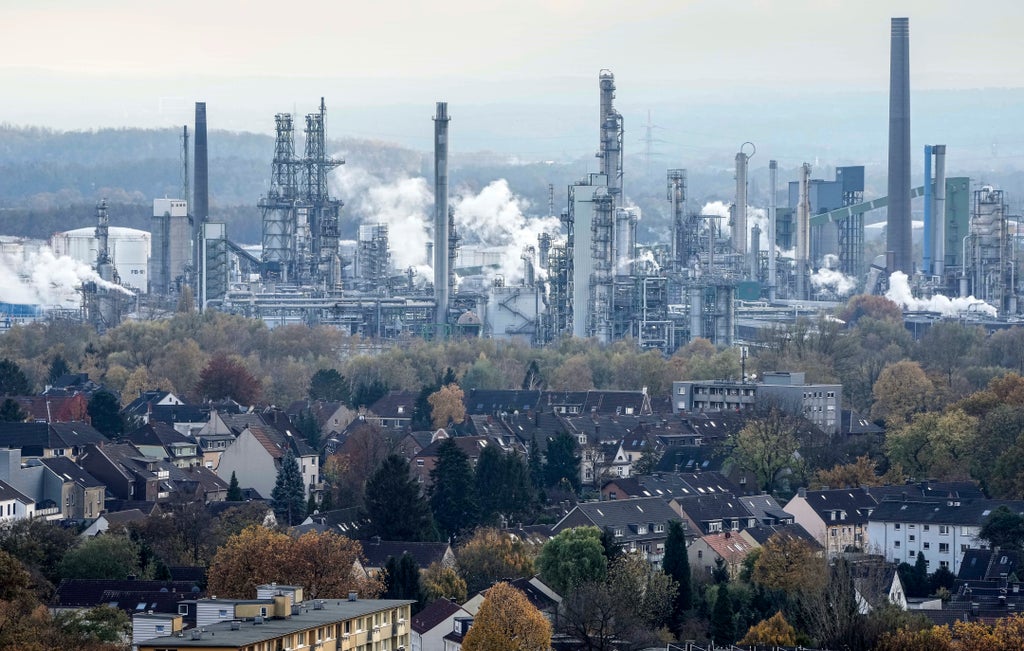
Germany said it has activated the first “early warning” stage of a gas supply emergency, after Russia’s repeated demands that it be paid for energy supplies in rubles.
This is the first of three warning levels flagged by Germany, country’s economy minister and vice-chancellor Robert Habeck said on Wednesday.
It will now entail establishment of a crisis team in his ministry that will monitor the gas supply situation at an increased level.
Mr Habeck said that the measure was taken after Russia indicated it would pass a bill that will seek payment in rubles even as the Group of Seven countries had snubbed this demand earlier on Monday.
Germany’s gas storages are filled to about 25 per cent capacity at present, he said.
The gas supplies have been safeguarded for now and Germany is closely monitoring the supply flows with market operations, the economy minister said.
“Nevertheless, we must increase precautionary measures to be prepared for an escalation on the part of Russia. With the declaration of the early warning level, a crisis team has convened,” Mr Habeck said.
President of the German network regulator Klaus Muller confirmed the development and said that the “early warning” will help Germany and the EU avoid deterioration of gas supplies.
“It is right that the economy minister declared an ‘early warning’. The aim is to avoid a deterioration of gas supplies for Germany and the EU by energy savings and additional purchases. The regulator is urging consumers and industry to do their bit and is preparing for all scenarios,” Mr Muller said on Twitter.
This comes a day after Berlin warned Russian president Vladimir Putin against blackmailing the European nation by asking for rubles in return for oil and natural gas.
Germany will not be cowed by Mr Putin’s demand to use Russian currency to pay for trading energy resources, country’s finance minister Christian Lindner said. The country still remains dependent on Moscow for gas and oil imports.
Russia’s Vyacheslav Volodin, speaker of the lower house of parliament, has asked European Union nations to “find rubles” if it wanted Moscow’s natural gas, in addition to a warning that the country under heavy economic sanctions will charge rubles for oil, grain, metals, fertiliser, coal and timber exports.
“Moreover, it would be right - where it is beneficial for our country, to widen the list of export products priced in rubles to include: fertiliser, grain, food oil, oil, coal, metals, timber etc," the Russian lawmaker said in a post.
This caution from Russia was met with an outright rejection from all the energy ministers of the G7 nations. French president Emmanuel Macron also snubbed the threat and told his Russian counterpart Mr Putin that this would not be possible.
Russia has been trying to leverage oil and energy supplies to Europe amid waging a war on Ukraine and using it to restore ruble’s value which plummeted a day after it launched the invasion on its neighbour, inviting harsh economic sanctions.
Moscow has said that the sanctions from the West are a declaration of economic war as about $300bn remains frozen in Russian central bank reserves, crippling the country’s financial status.







